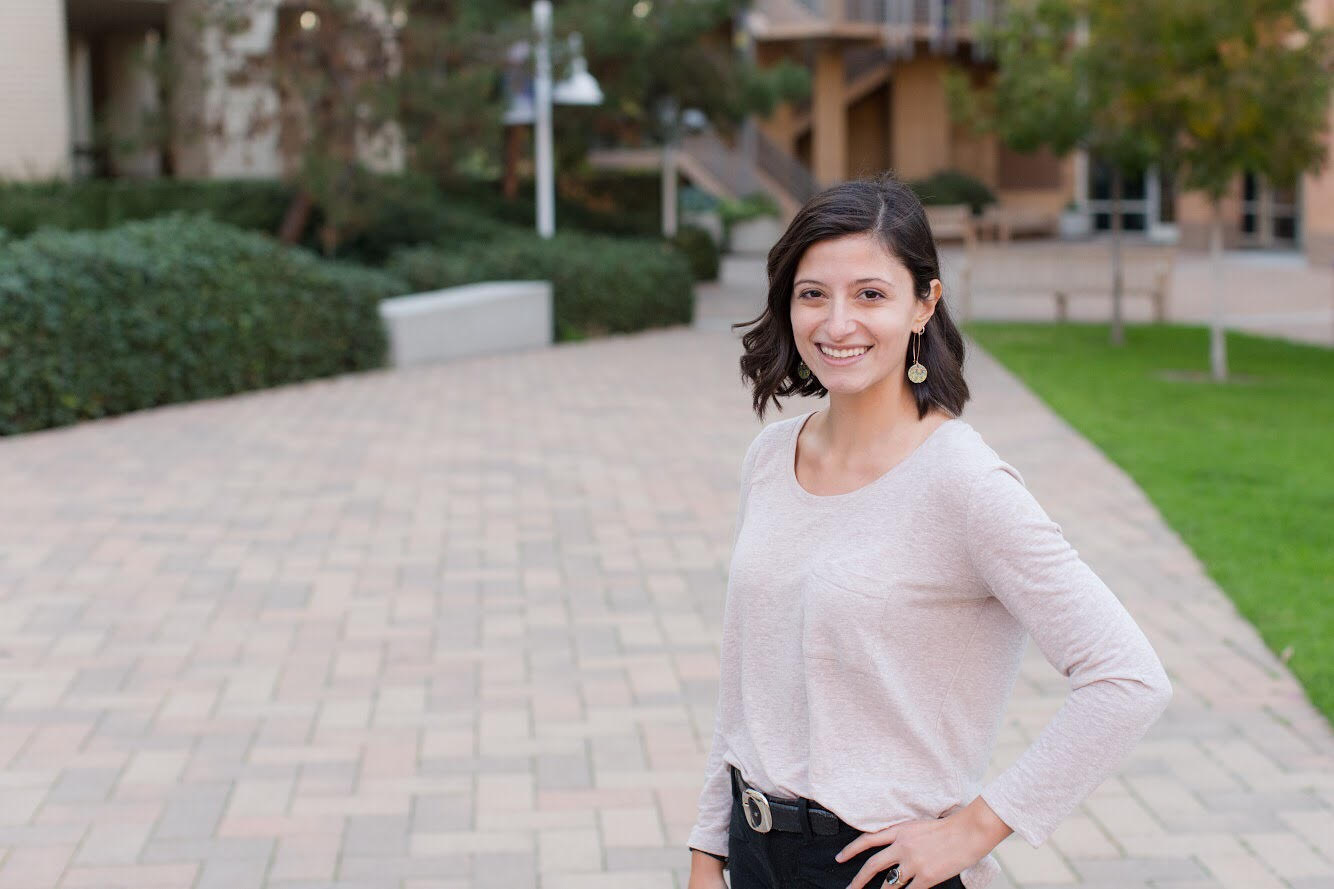Center for Psychology and Law
Graduate Student Colloquium
featuring
Pasha Dashtgard, Laceé Pappas, and Jennifer Teitcher
Please join us for a special presentation by three doctoral students in the School of Social Ecology. They will be presenting on research they have conducted at UC Irvine, related to topics in psychology, law, criminology and public policy.
This event is free and open to the public.
Lunch will be provided. Please note — because lunch is being provided, RSVPs will be required (to ensure enough food is ordered).
Please click here to RSVP. Please RSVP by 2/19.
Date:
Wednesday, February 27th, 2019
Time:
11:30am-12:30pm
Location:
University of California, Irvine Campus
Social and Behavioral Sciences Gateway building, ROOM 3260
Speaker Information:
Pasha Dashtgard, MA
|
Pasha Dashtgard is a doctoral student in Social Psychology at the University of California, Irvine. He has a MA in Mental Health Counseling and an Ed.M in Education from Columbia University, Teacher’s College. Pasha’s research interests are related to mental health policy, PTSD, and toxic masculinity. Current research projects include analysis of PTSD in solitary confinement, the impact of the Ford-Kavanaugh hearing on mental health, and developing a scale to measure toxic masculinity and how it affects political behavior. Pasha will be presenting a project that explores the nature of Post-Traumatic Stress Disorder (PTSD) in solitary confinement. Using a combination of data sources – qualitative interviews, quantitative data analysis, department of corrections records – the presentation will examine the ways that the “strong situation” of solitary confinement produces behaviors that reflect traumatic distress. |
Jennifer Teitcher, MA 
Jennifer Teitcher is a 4th-year graduate student in the Department of Psychological Science. Her advisors are Drs. Nicholas Scurich and Elizabeth Loftus. She studies memory and decision-making, particularly in the legal context.
Eyewitness testimony is often regarded as one of the most influential pieces of evidence presented to a jury in a courtroom. However, considerably less research has been conducted on the effect of “non-identifications” — when an eyewitness affirmatively testifies on the stand that the defendant did not commit the crime. A non-identification provides probative, exculpatory value. Two studies evaluate whether jurors are sensitive to non-identification evidence.
Laceé Pappas
Laceé is a second-year doctoral student in the Social Ecology-Core program working with Susan Turner and the Center for Evidence-Based Corrections. She is primarily interested in the rehabilitation of juvenile offenders through educational and restorative justice programs.
Laceé will be presenting on her research that uses systematic review and meta-analytic approaches to study the effects of intervention and rehabilitation programs on recidivism and alternative outcomes for juvenile offenders. This overview of systematic reviews synthesizes all the available research on different treatment effects from a variety of programs for both institutionalized and non-institutionalized juvenile offenders.


Connect with us